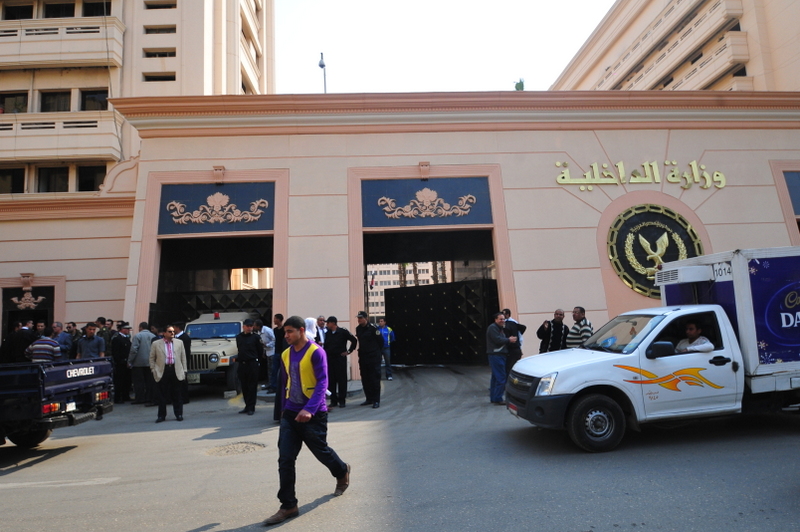WINDHOEK: Southern African leaders meet Monday in Namibia’s capital to discuss Zimbabwe’s strained unity government and its refusal to adhere to rulings by a regional tribunal.
Officially, the summit of the 15-nation Southern African Development Community (SADC) marks the 30th anniversary of the organization’s creation.
Then the grouping was known as the Front Line States, which sought to coordinate liberation movements in Namibia and apartheid South Africa.
Since Namibia’s independence and the end of white-minority rule in South Africa, the organization has struggled to assert itself as a political force — mainly because its members are unwilling to submit to regional decision-making.
The case in point is Zimbabwe, which signed a treaty creating a regional court based in Windhoek but has refused to obey its rulings.
The SADC tribunal has ruled in favor of white farmers in Zimbabwe, saying President Robert Mugabe’s land reforms unfairly targeted them because of their race.
Harare has flatly rejected the ruling allowing the farmers to stay on their land, raising questions about the purpose of a tribunal that cannot enforce its decisions.
SADC executive secretary Tomaz Salomao said justice ministers would present a report about Zimbabwe’s non-compliance. South Africa will also brief leaders on the progress of the unity government.
South Africa’s foreign ministry said President Jacob Zuma was overall optimistic on Zimbabwe.
"He will recognize that the task in Zimbabwe is not completed but the overwhelming picture is favorable," foreign ministry director general Ayanda Ntsaluba said.
"There is a semblance of stability and Zimbabwe is on the correct path," he added.
Zuma visited Zimbabwe in March to press Mugabe and Prime Minister Morgan Tsvangirai to settle their differences over a raft of key government appointments and to push forward the reform process.
No progress has been made on resolving the dispute over Mugabe’s unilateral appointments of the Reserve Bank governor and attorney general.
Under the power-sharing pact, Zimbabwe should have held a referendum on a new constitution last month, which would pave the way for fresh elections after the violent and inconclusive polls in 2008.
The constitutional process has barely gotten off the ground, but the new government has halted Zimbabwe’s economic freefall by abandoning the local currency in favor of US dollars and opening up the market to imports.
Media reforms have allowed foreign reporters greater access to the country while a new independent newspaper is on the streets, with others in the works. Electoral and human rights reforms, however, are proving tougher to implement.
"It has been now two years of the inclusive government but no movement on certain issues. Political issues have to be resolved," said Nelson Chamisa, spokesman for Tsvangirai’s party.
All the region’s leaders are expected to attend the summit, except for Madagascar which is still suspended after the army-backed takeover of Andry Rajoelina last year.
The leaders will also consider ambitious plans to unite SADC with two African trade blocs, the Common Market for Eastern and Southern Africa and the East Africa Community.
Some countries belong to more than one bloc, complicating efforts to develop a regional customs union and harmonize trade laws.
Eventually, the three blocs say they will merge into an Africa Free Trade Zone, which would include 26 countries stretching from Cape Town to Cairo.
